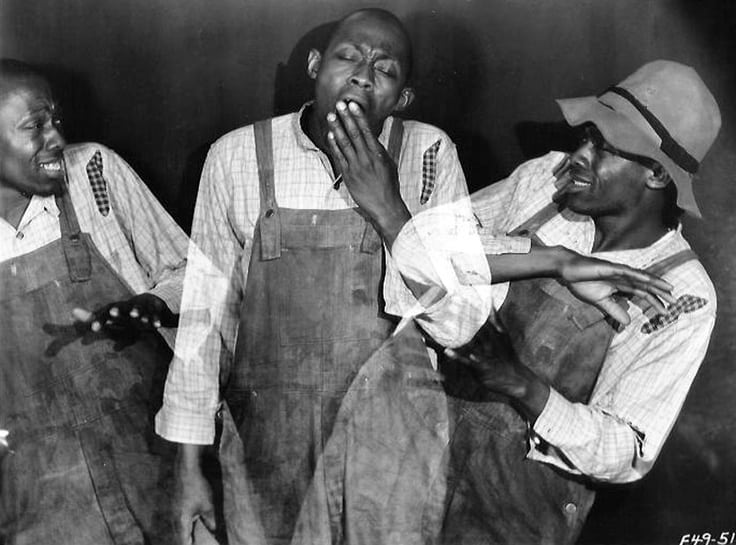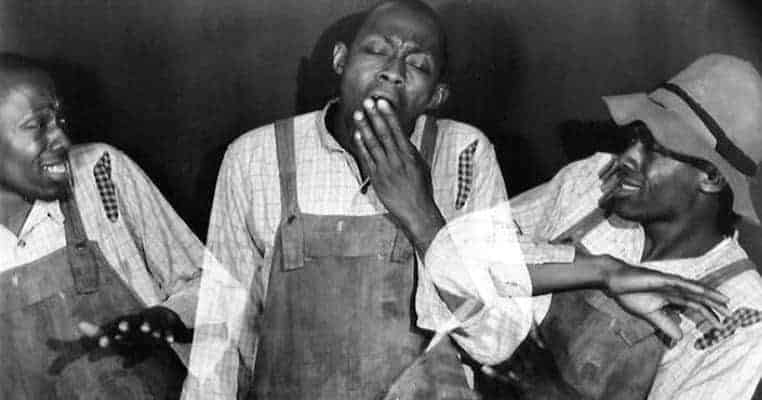The name ‘Lincoln Perry’ might not mean a great deal to you but as Stepin Fetchit – his on-screen persona – Perry became the first black actor in America to earn a million dollars. He was also the first, even, to receive screen credit in a movie. Fetchit’s time in the spotlight was relatively brief but during that timeframe, he was accused of perpetuating negative stereotypes about black Americans. Stepin Fetchit was billed as “the Laziest Man in the World” and his characterization as a slow-witted, lazy black man offended legions of black Americans.
On one hand, Fetchit was grossly offensive at a time when black Americans were still struggling with appalling and degrading racial stereotypes. His persona only served to mitigate the low status accorded to black Americans by whites by pretending to be an idiot; an act that only fulfilled their negative expectations. On the other hand, Fetchit was an extremely gifted comic actor. Other scholars believe he was an embodiment of the ‘trickster’ who pretended to be slow-minded to ensure his white employers had to do the work. Ultimately, Fetchit went down in infamy and Perry mishandled his fortune and died pennilessly.

Early Life & Breakthrough
Lincoln Perry was officially born on May 30, 1902, in Florida although there is a suggestion that he was born as early as 1892. He ran away from home aged 14 and joined the vaudeville ‘Chitlin Circuit‘. He was known as a highly intelligent man and wrote columns for The Chicago Defender, one of the country’s most important black American newspapers. Over time, Perry evolved into a character known as the laziest man in the world who he called Stepin Fetchit.
While Perry claimed he took the name from a racehorse, some scholars believe it is a contraction of “step and fetch it.” The connection with a subservient ‘Uncle Tom’ persona is clear here. Black American historians believe Fetchit was the evolution of the ‘coon’ character, who pretended to be a fool to undermine his white masters. This particular character creation is one of the most insulting of all anti-black caricatures. The name itself, an abbreviation of raccoon, is dehumanizing. One of the most crucial components of this persona was the ability to talk in a language white people couldn’t understand and Perry was exceptional at ‘jive talking’. One of the reasons why black Americans are so angry with Fetchit is that white audiences at the time truly believed that this bumbling fool was a true representation of black people in America.

Fetchit got his big break in the silent movie In Old Kentucky in 1927. According to Mel Watkins, a notable film historian, Perry had created Fetchit to stand out from other performers of his day. Watkins claims that Fetchit “acted as if he didn’t know where he was.” The producer and the director of the movie had no clue what to make of Fetchit but were so astounded by his performance that they decided to cast him.
In any case, Fetchit excelled in the movie and earned a five-year contract. Two years later, Fetchit starred in Hearts in Dixie, one of the first movies to feature a mainly black cast. It was the beginning of a fantastic run for the actor, and between 1927 and 1939, Fetchit appeared in 44 films. He struck up a good partnership with friend, and fellow comic actor, Will Rogers. The duo appeared in several movies including David Harum, Judge Priest, and Steamboat ‘Round the Bend. By 1940, Fetchit temporarily went on strike because he wanted equal pay and billing with his white colleagues. By the time he came back in 1945 however, Fetchit’s schtick was getting old and his career hit the skids.

